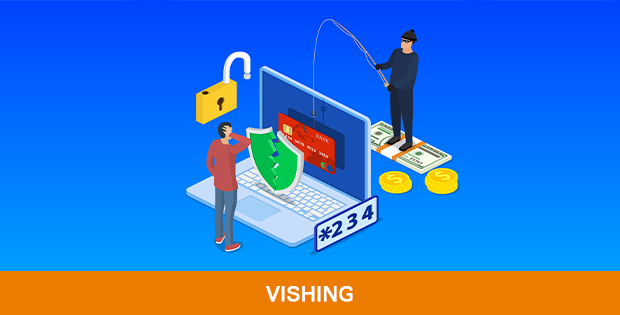- Vishing
- Smishing
- General Safety Tips
- Report an Unauthorized Transaction
- Report Fraud
- RBI Advisory
- Protect Your Privacy
- Phone Banking
- Personal Loan
- Password Safety
- Home Loan
- Videos
- Spoofing
- Investment
- Deposite
- Car Loan
- multilingual-disclaimer
- multilingual-disclaimer
- multilingual-disclaimer
- multilingual-disclaimer
- multilingual-disclaimer
- multilingual-disclaimer
- multilingual-disclaimer
- multilingual-disclaimer
- multilingual-disclaimer
- multilingual-disclaimer
- Bank's Commitment
- Debit Card
- Money Mule
- Deregistration Process
- Login Process
- Cyberstalking
- Customer Education Series
- Aadhaar Card Safety Tips
- Botnet
- Cards
- Credit Card
- Digital Signature Certificate
- Frauds through social networks
- Glossary
- Internet Banking
- Pin and Password related
- List Of Publisher
- Loans
- Mobile Banking
- Safe Password
- Skimming
- Computer Virus
- Spear Phishing
- SIM SWAP
- Mobile Banking Safety Tips
- Beware of Imposters
- Fraud Vishing
- Fraud E-mail
- Customer Education Series
- Phishing
- Atm-safety
- ATM
- Digital Signature Certificate
- DSC Registration
- Safe Online Banking FAQ
- Know Your Bank Note
- Isafe Mobile
- SIM Swap
- Online Shopping
- phishing-tutorials
- Bank OTP
- beware-of-malware
- cash-detective-game
- debit-pin-safety
- Disclaimer
- phishing-game
- Demo
- channel
- Demo
- RBI Notification
- RBI Awareness Campaign
- Safe Banking
- Safe Online Banking FAQ
- OTP Faqs
- Safe Online Banking FAQ
- Fraud Prevention
- Report Fraud
- Report an Unauthorized Transaction
- phishing
- More

Want us to help you with anything?
Request a Call back
What Is Vishing?
Vishing is an attempt of a fraudster to take confidential details from you over a phone call. Details like user id, login & transaction password, OTP (One time password), URN (Unique registration number), Card PIN, Grid card values, CVV or any personal parameters such as date of birth, mother's maiden name. Fraudsters claim to represent banks and attempt to trick customers into providing their personal and financial details over the phone. These details will then be used to conduct fraudulent activities on your account without your permission leading to financial loss.
The fraudster calls the customer and claims to be calling from the Bank, he will ask for personal details user id, login & transaction password, OTP (One time password), URN (Unique registration number), Card PIN, Grid card values, CVV or any personal parameters such as date of birth, mother's maiden name.
- Your bank would have knowledge of some of your personal details. Be suspicious of any caller who appears to be ignorant of basic personal details like first and last name (although it is unsafe to rely on this alone as a sign that the call is legitimate). If you receive such a call, report it to your bank.
- Do not call and leave any personal or account details on any telephone system that you are directed to by a telephone message or from a telephone number provided in a phone message, an e-mail or an SMS especially if it is regarding possible security issues with your credit card or bank account.
- When a telephone number is given, you should first call the phone number on the back of your credit card or on your bank statement to verify whether the given number actually belongs to the bank.
- If you get an SMS or call asking for personal or credit/debit card information, please do not provide this information

